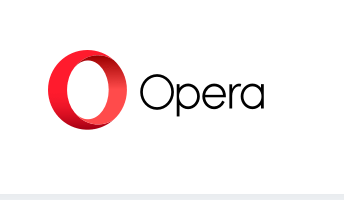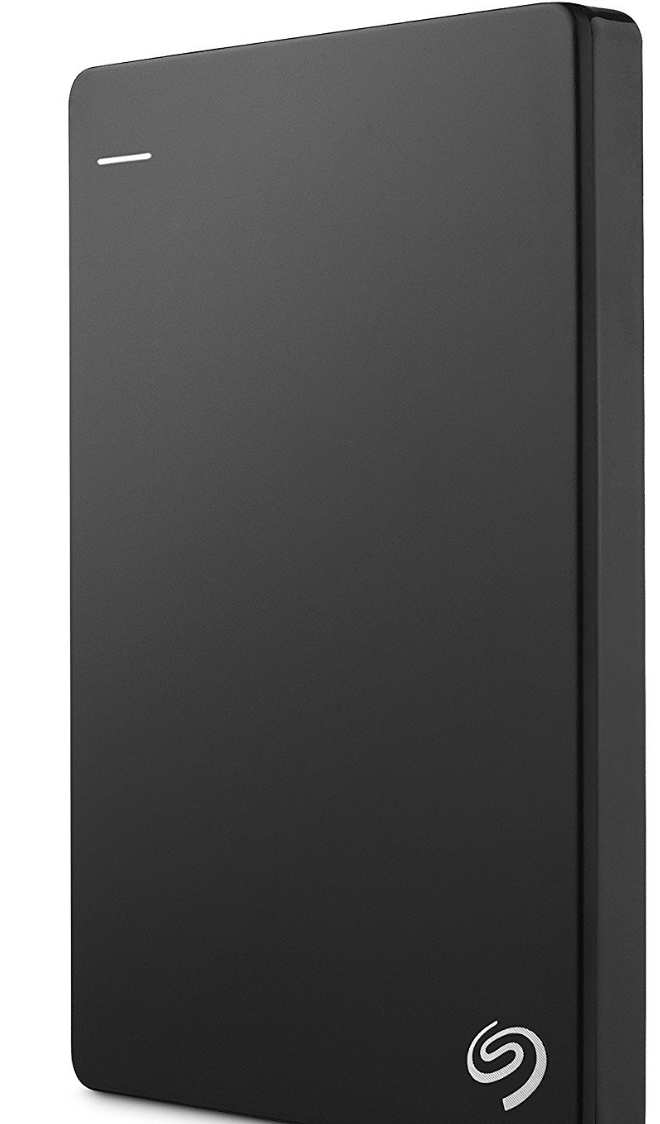How do we rate the Best Web Browsers
You never realize just how important it is to make the right decision when choosing a web browser until you start opening numerous tabs or you start downloading files and realize that your PC’s responsiveness has gone down. Some web browsers can be very frustrating, making it almost impossible for you to do anything else with your computer. There is also the issue of security. While some web browsers are really sensitive at detecting malicious websites and downloads, others will barely do anything to prevent you from downloading an infected file. It’s therefore crucial that you get the very best web browser if not for the sake of your day-to-day experience then for the security of your files.
The good news is that there are several incredible web browsers to choose from. The best news is that these web browsers are pretty light, very small in size, and easy to use so you won’t have to compromise so much in terms of space or anything else. Another good thing with web browsers is that you can easily download several of them, use them for a certain period of time, and choose one that serves you best. That’s because unlike an operating system or other system investments, a web browser does not trap you and neither does it cost you too much to switch. With these browsers, you can switch between them for as long as you want.
How do you identify the best web browser? The best web browsers can easily be identified by looking at the following factors:
- Page load time – how long does it take for a normal page to load? How fast do images and videos load? These are some of the things that we tested when coming up with this review.
- Security – how efficient is the browser in detecting malicious websites or links and stopping them? Bear in mind that an insecure browser can easily leak your passwords, compromise your entire system, and even result in data loss. This should be a concern for everyone, especially individuals who do a lot of online banking and shopping.
- Toolsets – how well does the browser integrate with numerous add-ons such as antiviruses and VPN? Remember that these are some of the extensions that should sync with your browser; otherwise, it will compromise your security, affect your load times, and ruin your entire experience.
- User Interface – how friendly and intuitive is the UI? How well can you navigate and find the various functions of the browser?
Our Top Picks
- Mozilla Firefox
Mozilla Firefox is a very popular web browser that experienced a bit of a shaky reputation some time back. The refined Firefox Quantum upgrade has completely changed that.
This amazing browser ticks all the boxes as far as security, speeds, and extensions go.
The fresh Mozilla Firefox is engineered with numerous features for secured browsing. They’ve even included the option of password-free logins through WebAuthn. To enjoy this feature, you will need to sign up for a web-based account that generates a one-time registration pin. Once you’re logged in, you will never require a password as long as the authenticator is still in place. Therefore, through WebAuthn, there will never be any passwords on your browser that may end up getting leaked in case of a breach. In our security tests, Mozilla Firefox performed brilliantly in detecting malicious downloads and websites. The browser also blocks ad trackers automatically.
The Firefox Quantum is also pretty fast when it comes to loading and navigating pages. The best part? This browser manages to load pages super-fast without taking too much of your RAM. This means that you can open various tabs without it taking a toll on your system’s performance.
The developers have also done an incredible job in improving the performance of the Firefox Quantum not just in the present tech environment but also for the foreseeable future. My favorite addition here has to be the Firefox reality, which allows you to browse in virtual reality. The engineering of this browser is also believed to have a significant impact on how seamless you’ll be browsing with the faster processors coming in the near future.
Needless to say that all these improvements have been achieved while still keeping the browser as user-friendly as it’s always been and with vast options in extensions.
2. Google Chrome
Coming at a close second is Google Chrome. Some people may even argue that Chrome is better than Mozilla Firefox and they’ll have every right to say so because this web browser is just as brilliant.
First of all, Google Chrome is compatible with different operating systems, including Windows, Mac, iOS, and Android. You won’t really appreciate this compatibility until you learn of the impact that comes with the Google Account Integration. Through this integration, your data is synced meaning that you can switch from one of your gadgets to another and your preferences, bookmarks, saved data, and even active extensions will still be intact. No other web browser out there has achieved this remarkable level of integration.
Google Chrome is also performing very well in terms of security. It is believed that the browser could very soon support HTTPS encryption only a move should improve security drastically. As it is, the browser does a good job in keeping you safe from malware. They also support password-free logins through WebAuthn. This can either replace your passwords, or you can use it as a secondary authenticator.
Google Chrome is also a popular choice due to the numerous extensions that it supports. Installing these extensions and using the browser is very easy. The latest Chrome version also offers a fresh and exciting look that you will definitely enjoy interacting with. Chrome has seen numerous tiny improvements which come together to enhance your overall experience. For instance, sporting event scores, calculator results, locations, and many other answers can be delivered while you’re still typing. It’s also easier to access your favs by simply loading the New Tab page. Favicons are also easier to identify in the latest version, and this makes it easier for you to navigate through dozens of tabs.
One limitation with Google Chrome is that it tends to pull resource a bit too much. This may affect the performance of your devices, especially if you have limited RAM. Some people also find the data consumption of Google Chrome too much.
- Opera
Opera may not be as popular as the two web browsers discussed above, but it does perform relatively well. In fact, Opera is developed on Google’s Chromium engine, and this can be seen on the various similarities it shares with Google Chrome. For instance, you can install various chrome extensions in this browser directly from the Chrome web store. This means that Opera has extensions almost as many as Google Chrome.
The browser is light and pretty fast. You can open various tabs on this browser, and you won’t feel like you are overloading it and neither will it affect your system’s performance too much. To enhance your browsing speeds, the Opera Turbo compresses traffic directing it to Opera’s servers, thus enhancing your browsing speed even when your internet connection is unstable.
When it comes to extra features, Opera packs quite a lot of them. First, the browser introduced a smart Instant Search feature which isolates your search result into a separate window as the current page fades slowly. This makes using the browser for research a lot easier. The browser also features a predictive website preload ability, inbuilt Stash which helps in saving pages that you can read later on, a manageable speed-dial menu which shows you the pages that you visit most frequently, a battery saving mode and an in-built unlimited VPN for secured browsing.









